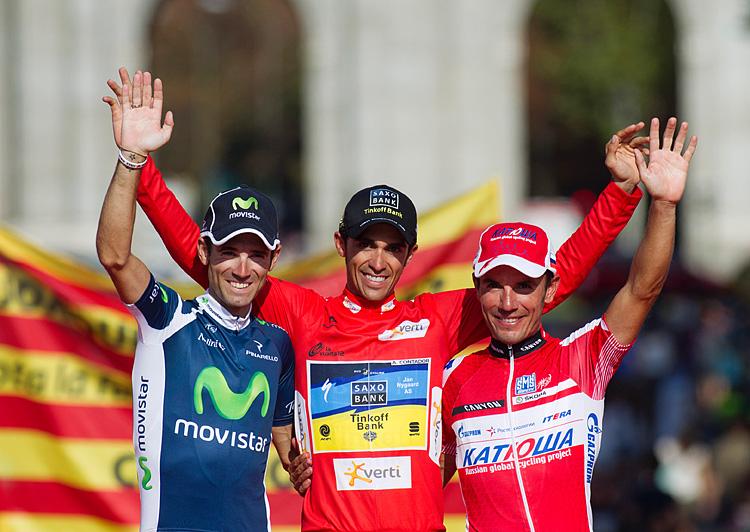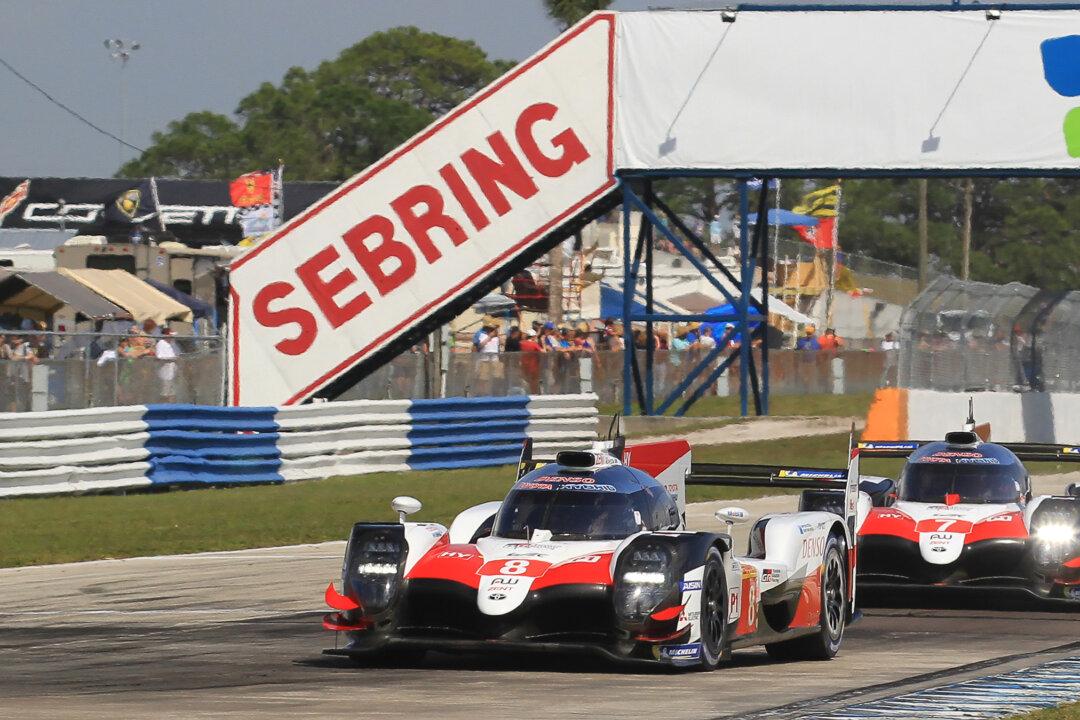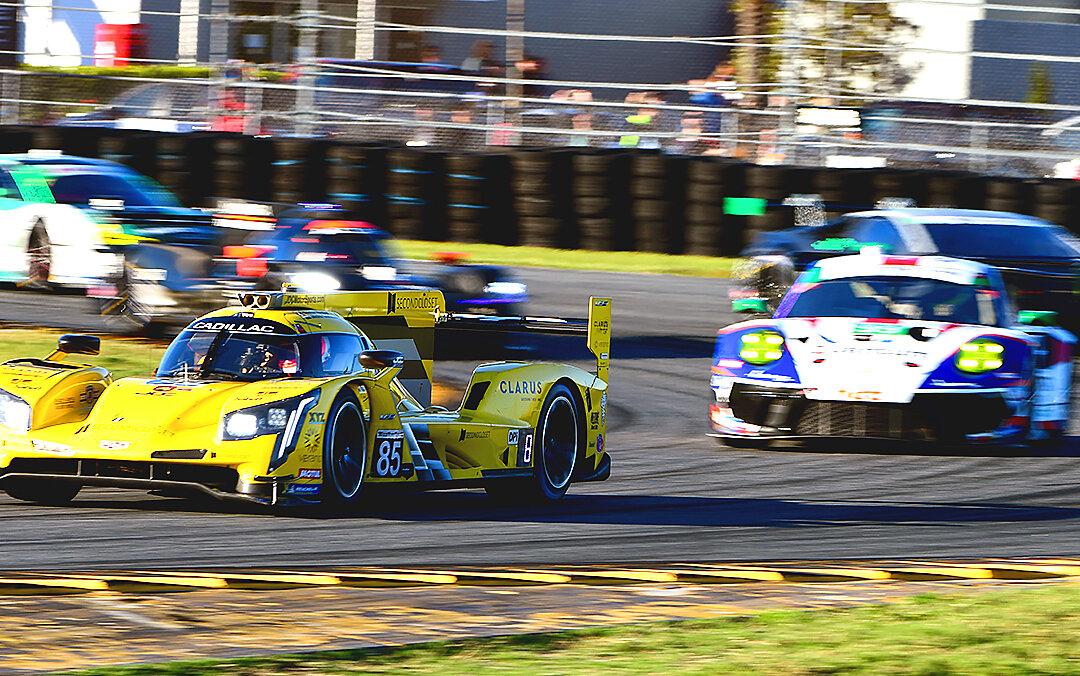John Degenkolb won Stage 21 of the 2012 Vuelta a España, his fifth sprint win, while Alberto Contador won the general Classification, his second overall Vuelta win.
The final stage, 115 km from Cercedilla to Madrid, ended with ten laps of the city’s downtown and a bunch sprint. Degenkolb’s Argos Shimano teammates led him out perfectly, and the powerful German did what he had done in four previous sprints.







